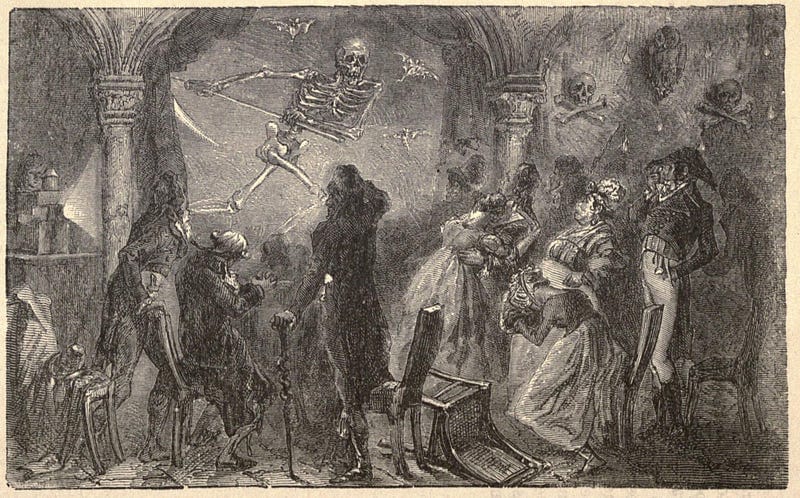Self-Delusion Trumps Intelligence
Metacognition Is The Faculty That Allows Us To Clearly See When Our Thoughts, Motivations, Desires, Ideas, And Actions, Are Incoherent

Metacognition Is The Faculty That Allows Us To Clearly See When Our Thoughts, Motivations, Desires, Ideas, And Actions, Are Incoherent
